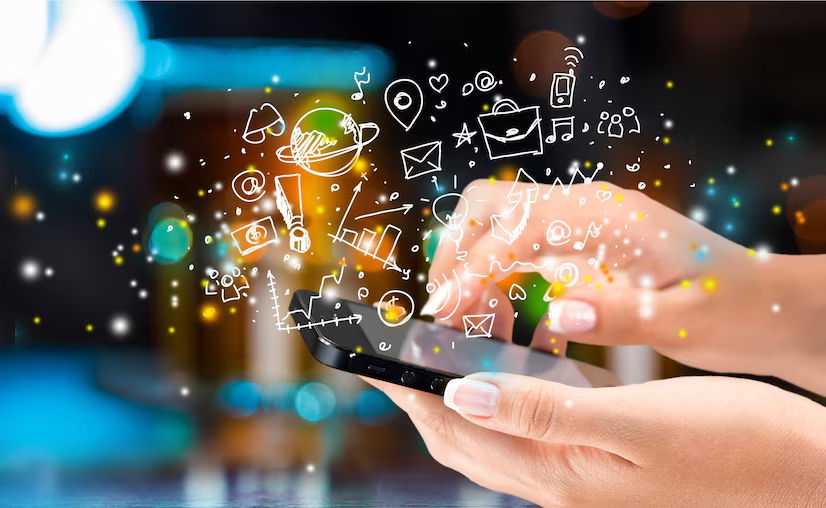The digital marketing landscape has always been dynamic, but in recent years, artificial intelligence (AI) has accelerated this evolution in ways marketers could never have imagined. As businesses strive to connect with consumers on a deeper level, AI has emerged as a powerful tool, driving hyper-personalization, enhancing decision-making, and automating complex tasks.
One of AI’s most significant contributions is its ability to deliver personalized experiences. According to Salesforce, 70% of consumers expect companies to understand their individual needs and provide tailored solutions. AI tools, such as chatbots, recommendation engines, and predictive content, are making this possible at scale. A great example is Netflix, where its AI-driven recommendation engine is responsible for 75% of content viewed on the platform.
In terms of data-driven insights, predictive analytics powered by AI is helping businesses understand and anticipate customer behavior. For instance, Amazon uses AI to analyze purchasing patterns and recommend products, contributing to a 29% increase in sales. This ability to predict future trends allows marketers to optimize campaigns and allocate resources effectively.
AI has also revolutionized digital advertising. Platforms like Facebook and Google leverage machine learning algorithms to target highly relevant audiences, improving ROI by up to 30%, as reported by McKinsey. Advertisers no longer need to rely on broad targeting; AI does the heavy lifting by pinpointing the right audience with laser precision.
With AI continuously improving, it’s clear that digital marketing’s future lies in embracing these technologies. As AI evolves, so too will its potential to create smarter, more impactful marketing strategies that deliver better results.
